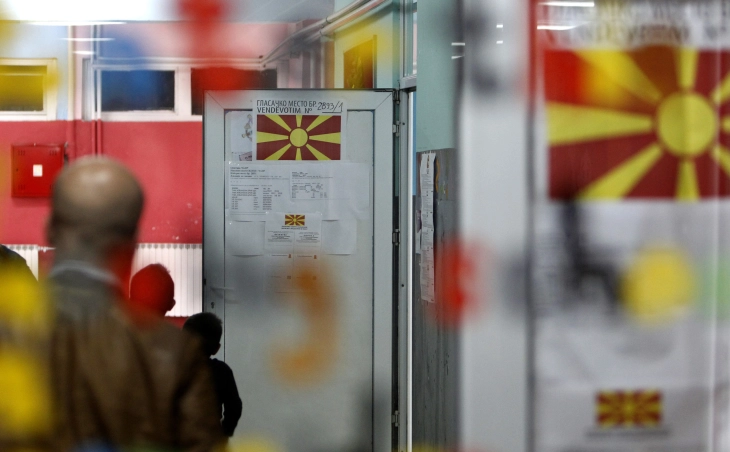Organizing fair and democratic elections – main task of country’s third caretaker government
- One hundred days ahead of the May 8 parliamentary elections, North Macedonia is set to receive its third caretaker or transitional government – a type of government established as a result of the 2015 Przhino Agreement. The caretaker government is set to be headed by Talat Xhaferi from the Democratic Union of Integration (DUI).
- Post By Angel Dimoski
- 10:32, 28 January, 2024

Skopje, 28 January 2024 (MIA) – One hundred days ahead of the May 8 parliamentary elections, North Macedonia is set to receive its third caretaker or transitional government – a type of government established as a result of the 2015 Przhino Agreement. The caretaker government is set to be headed by Talat Xhaferi from the Democratic Union of Integration (DUI).

The government is elected by the Parliament with a simple majority. The caretaker government’s term lasts until the State Election Commission announces the final results of the parliamentary elections.

The main task of the caretaker or transitional government is the organization of fair and democratic parliamentary elections.
The opposition party with most MPs (VMRO-DPMNE) proposes the minister of interior and minister of labor and social policy in the caretaker government. Upon the proposal of the Prime Minister, Parliament appoints an additional deputy minister of interior and an additional deputy minister of labor and social policy from the ranks of the ruling party (SDSM), as well as from the opposition in the ministries of Finance; Agriculture, Forestry and Water Economy; and the Ministry of Information Society and Administration.
The caretaker interior minister is allowed to carry out a maximum of 15 dismissals or reassignments of officials holding management positions at the Ministry. If he does appoint new officials, he is obliged to appoint deputies proposed by the additional deputy minister. Additionally, for any act to be valid, it has to be signed into force by both the caretaker interior minister and the additional deputy minister. The minister retains the right to hire staff for the needs of his office, as well as carry out horizontal reassignments of staff.

This is set to be the country’s third transitional government. The first was one was led by Emil Dimitriev, and remained in charge of the country from January 18, 2016 through to June 1, 2017, since the parties were unable to form a political government for a lengthy period of time after the elections.

The second transitional government was led by current Interior Minister, Oliver Spasovski, and it ruled the country from January 3, 2020, until August 30, 2020.
On June 2, 2015, the country’s four largest parties reached an agreement over the establishment of a caretaker government set to organize elections and lead the country during a period of 100 days before the holding of elections.
Photo: MIA Archive







